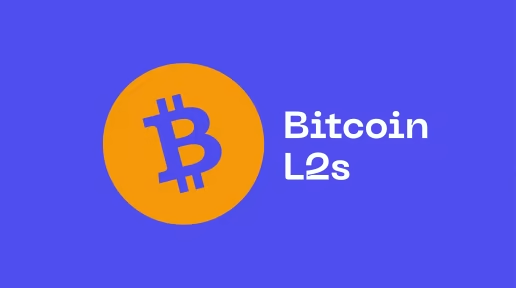Revest Finance | NFTs as Financial Tools (Coin Review)

Revest Finance
FNFTs
Revest Protocol introduces a new use for evaluating NFTs as financial tools. Individual and project level users can deposit any ERC20 into Revests interactive Financial Non-Fungible Tokens “FNFTs” and set custom unlocking conditions that can include time, value, or contract-based parameters. This high level of composability fills gaps in the crypto landscape. Ranging from something as simple as new token vesting options for launching protocols to derivative and borrowing/lending platforms. Ownership of locked assets may be traded in ways that do not affect the value of the underlying asset, leading to a new meta-layer of commerce.
Smart Contract Deposits
With Revest, fungible digital assets are deposited into a Smart Contract in exchange for their non-fungible representation. The digital assets underlying the FNFT will remain locked in the smart contract until specific criteria spelled out in the contract by the FNFT’s creator have been met. Ownership of the FNFT itself may be freely transferred at any point before the smart contract’s maturity date, without affecting the market value of its underlying fungible tokens. The FNFT may be bought, sold, and traded on any platform which supports the ERC-1155 NFT standard. When the FNFT “unlocks”, the fungible assets underlying the FNFT unlock as well. Allowing it to be liquidated by its owner in a wide variety of ways, such as spot markets. The unlocking criteria are spelled out in the smart contract by the FNFT’s creator. They may include the passage of a set period of time from the creation of the FNFT, the market value of the FNFT’s underlying assets exceeding or falling below a predetermined threshold, or any combination of the two.










